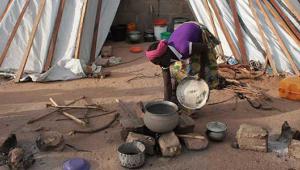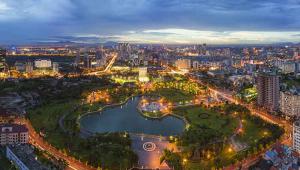Seventy-five per cent of the bank’s programmes were sustainable during the 2015 to 2017 period, according to the Annual Evaluation Review, released on Tuesday. The bank aims for this success rate to be at 80%.
The report said the ADB has achieved results in areas including promoting inclusive growth in middle-income countries, environmentally sustainable growth, regional cooperation and gender mainstreaming through its projects.
But, the review added, its work can still be improved.
Walter Kolkma, thematic and country division director at the evaluation department, said: “The sustainability problem is well illustrated by the inadequate financing for operations and maintenance of ADB-supported transport projects.
“Other factors affecting the sustainability of ADB operations are often limited capacity of government agencies to run these projects and governance issues.”
The bank should improve the sustainability of projects and their outcomes by outlining how it will monitor this when it plans its programmes.
The report also called for the bank to look to the private sector to mobilise financing for development, particularly to help close Asia’s infrastructure gap, which is estimated at $1.7trn a year.
It said there has been a decline in the success of private sector-supported projects, with only about 58% of these categorised as successful in 2015-2017.
This compares to 67% in 2014 to 2016.
The report said: “This can be attributed to the disappointing performance in financial intermediary and private equity funds, which account for half of the projects evaluated.”
The review looks at the efficiency and sustainability of ADB, as well as the relevance and effectiveness of its projects.







